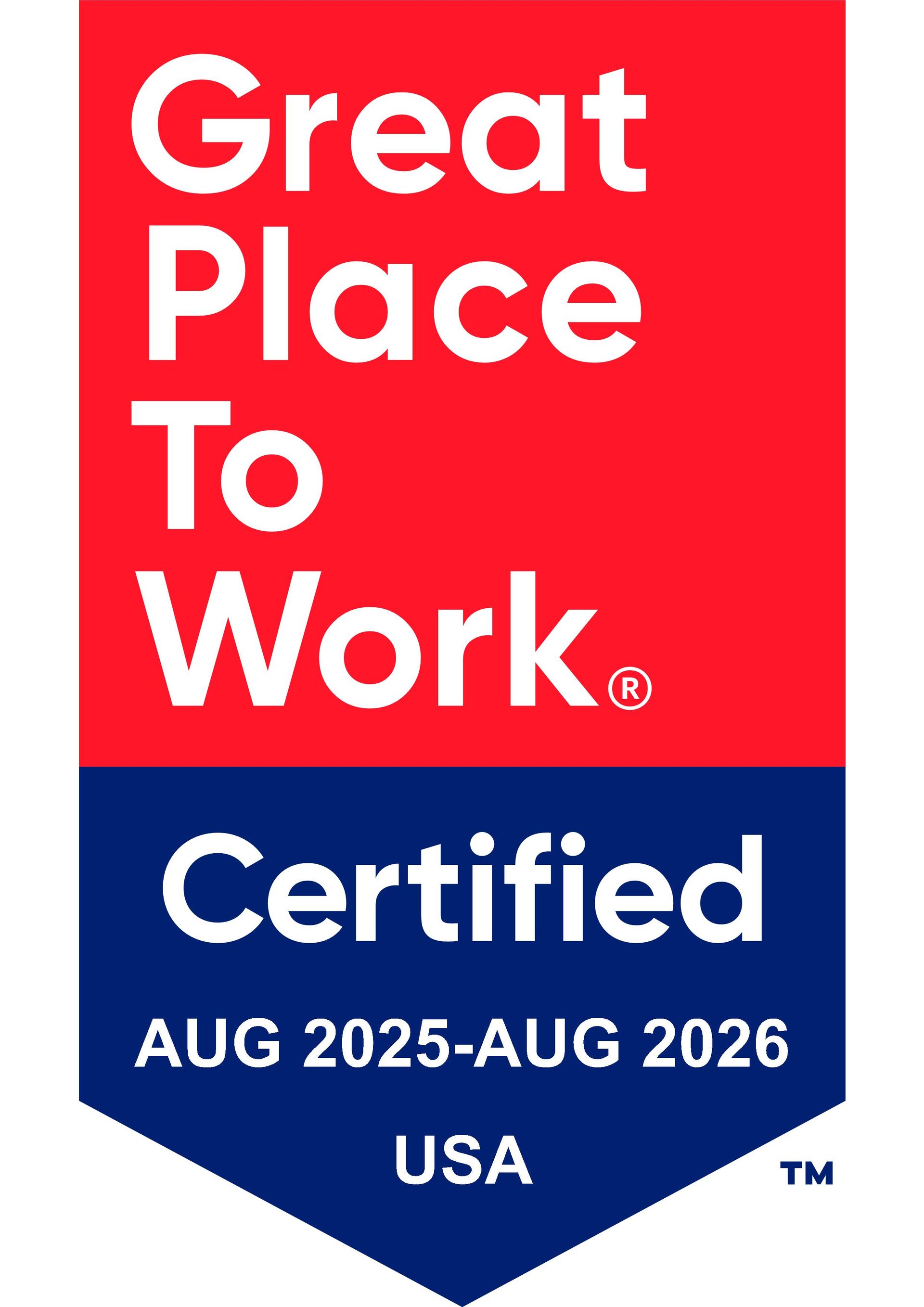
International Employee Benefits & Compensation
2 March 2023

If you’re a US-based business considering global expansion, one of your global strategies will undoubtedly need to focus on international employee benefits and compensation. Similar to offering employee benefits to US-based employees, offering international benefits is necessary to:
· Attract and retain employees
· Remain competitive in the workforce
· Maintain and increase employee productivity and morale
· Increase brand loyalty and trust
· Remain compliant with local employment regulations and laws
This post serves as a guide for business and HR professionals looking for support in launching an international employee benefits and compensation plan.
What Are International Employee Benefits and Compensation?
International employee benefits and compensation are the benefits and compensation you offer to overseas, nondomestic employees. The goal is to offer compensation, benefits, and perks that are considered competitive in the regions where you do business to entice, retain, and engage your workforce. International benefits and compensation packages often include medical insurance, bonuses, travel allowances, merit pay, cost of living (COL) adjustments, and more.
International Employee Benefits & Compensation Guide
Before you hire your first international employee, having a structure in place will help to guide you and ensure you remain consistent and compliant. Here are some questions to ask to help you develop your international employee benefits and compensation structure.
1. What Are the Requirements in the Country Where You’re Hiring?
First, you’ll need to carefully study the requirements in the country where you want to hire employees. Due diligence will help you understand the international and local payment methods, employment laws, and any other obligations you’ll have as an employer in that country. For example, regarding laws, you’ll want to familiarize yourself with collective bargaining, equal employment, and discrimination protection laws.
Additionally, you’ll want to have a thorough understanding of the local job market. You’ll need to have working knowledge of the talent pool, economy, policies, culture, worker readiness, worker qualification status, typical recruiting process, and so on.
2. Do You Need to Hire Experts for Support?
As you delve into your international research and strategy development, ask yourself if you and your team are equipped to go the journey alone or if hiring experts to support you in all or specific areas is necessary. Generally speaking, compensation and benefits structuring is complex in any country, so it’s best to hire experts to support the process if you or your team lack expertise in any aspect. Doing so not only ensures you remain in compliance but also takes much of the heavy lifting off your and your team’s shoulders so you can each focus on the base business strategies where you do have expertise.
You might choose to hire any number of local experts to support your strategy, from local consultants and benefits experts to local legal counsel, recruiting experts, and market research firms.
3. What Are Your Competitors Doing?
Part of your international analysis will include a competitor analysis. If possible, consider your local domestic competitors that also operate in your country of focus. What internal benefits are they offering in the area where you’d like to do business? What about compensation? Your aim is to offer a better benefits and compensation structure, or at a minimum, one that is at least in alignment with theirs. Otherwise, you’ll run into challenges with hiring top talent.
4. What Are Your Budget and Compensation Requirements?
To determine your budget to operate in that country, you’ll need to clarify the number of employees you’ll require, cost of living standards, rate of currency conversion, and the typical compensation system used. Also, what is the typical workload like in the country? This will help you determine the number of full-time-equivalent employees (FTEs) you’ll need to get the work done in a day or week.
5. How Will Your Employees Be Classified?
To determine compensation structure and benefits eligibility for employees, you’ll need to classify employees based on that country’s labor laws and employee classification definitions. For example, in the US, it’s common for freelance workers to be paid differently than full-time employees, and benefits eligibility will typically differ between these two classes, as well. The clearer you are in classifying your employees, the less likely you are to run into compliance issues.
6. What Will Your Benefit and Compensation Terminology Be?
Different terms have different meanings in different countries. Therefore, you must define terms for each country where you have employees to avoid confusion and mitigate the risk of penalties. For example, how will you define terms like “wage,” “travel allowance,” “stipend,” “employee,” “full-time,” “part-time,” and “bonus.”
Designing Your Compensation Plan
Once you’ve answered the above questions and have a benefits and compensation structure in place, you’re ready to design your compensation plan. Here are some necessary steps for compensation design.
· Outline the necessary employee data. Determine how many employees you’ll have and the positions they’ll fill, along with any other necessary data required to effectively budget for and pay employees.
· Design your organizational chart. You need to understand your organizational hierarchy to accurately assign a compensation structure. An organizational chart also supports your recruiting and hiring efforts to support talent in knowing how you’re structured and where their position falls in the hierarchy.
· Define your salary ranges and compensation structure. Based on employee classification, skills, and other factors, define how your employees will be paid, where they will fall within the structure, and so on.
· Determine the compensation for each position you’ll fill. Based on your research, local customs and laws, market data, and your budget, what is the salary range, bonus structure, and so on for each position you’ll need to fill?
· Identify Key Performance Indicators (KPIs). What are your employee and business objectives, goals, and so on that will align with your compensation structure, including bonuses, allowances, and pay increases?
· Develop a timeline for disbursements and pay raises. Based on your annual reviews, KPIs, and so on, determine when you’ll issue bonuses, various disbursements, pay increases, and other compensation adjustments.
· Train your HR and recruiting departments. Your team needs to know how to implement and manage your international compensation plan. You can also choose to outsource these roles.
· Remain current on local regulations and requirements. Ensure you remain current on local employment laws and regulations to remain in compliance.
· Conduct regular compensation analysis and reviews. To determine if you’re remaining competitive and meeting the needs of your workforce, be sure to conduct annual compensation reviews based on market data, as well as surveying your workforce for input on needs and overall satisfaction.
· Make necessary adjustments as needed. Based on your compensation analysis and survey results, make necessary adjustments to your current compensation structure.
Ensuring International Benefits Compliance and Competitiveness
Similar to your compensation structure, you want to remain current on local regulations and requirements pertaining to employee benefits to remain in compliance. Conducting regular benefits reviews and analyses based on market research and your employees’ input is also necessary to remain competitive.
To support you in remaining competitive and compliant, consider the following:
· Offer proper training to in-house employees, including your HR, recruiting, and legal teams.
· Outsource compliance to local HR and legal counsel.
· Outsource market research to a local firm specializing in job market analysis and competitiveness.
· Offer more than the statutory minimum requirement to remain compliant and ahead of the competition.
International Employee Benefits & Compensation: Key Takeaways
· International employee benefits and compensation are the benefits and compensation you offer to overseas, nondomestic employees.
· Similar to offering employee benefits to US-based employees, offering international benefits is necessary to attract and retain employees, remain competitive in the workforce, maintain and increase employee productivity and morale, increase brand loyalty and trust, and remain compliant with local employment regulations and laws.
· Before you hire your first international employee, having a benefits and compensation structure in place will help to guide you and ensure you remain consistent and compliant.
· There are several variables to consider developing an international benefits and compensation structure, including the requirements in the country where you’re looking to hire, what your competitors are doing, what your budget and compensation requirements are, and how your employees will be classified.
· To support competitiveness and compliance, businesses should consider offering proper training to in-house employees, outsourcing compliance to local HR and legal counsel, outsourcing market research to a local firm specializing in job market analysis and competitiveness, and offering more than the statutory minimum requirement to remain compliant and ahead of the competition.
· One option for US-based organizations seeking to expand globally is to work with a local, domestic US benefits brokerage firm to help connect them with the resources they need for success.
Get KBI Expertise Support
Regardless of where you’re located, implementing and administering benefits and compensation plans are complex processes. That’s why many business and HR professionals turn to outside experts to support them.
One option for US-based organizations seeking to expand globally is to work with a local, domestic US benefits brokerage firm. A reputable brokerage firm can support you in connecting with the international resources you need to successfully launch an international employee benefits and compensation plan.
Our team of expert brokers at KBI is standing by to offer you that type of support with the highest level of satisfaction possible. We can guide you with the right steps and necessary connections to meet your goals for success. Contact us today for more information.



